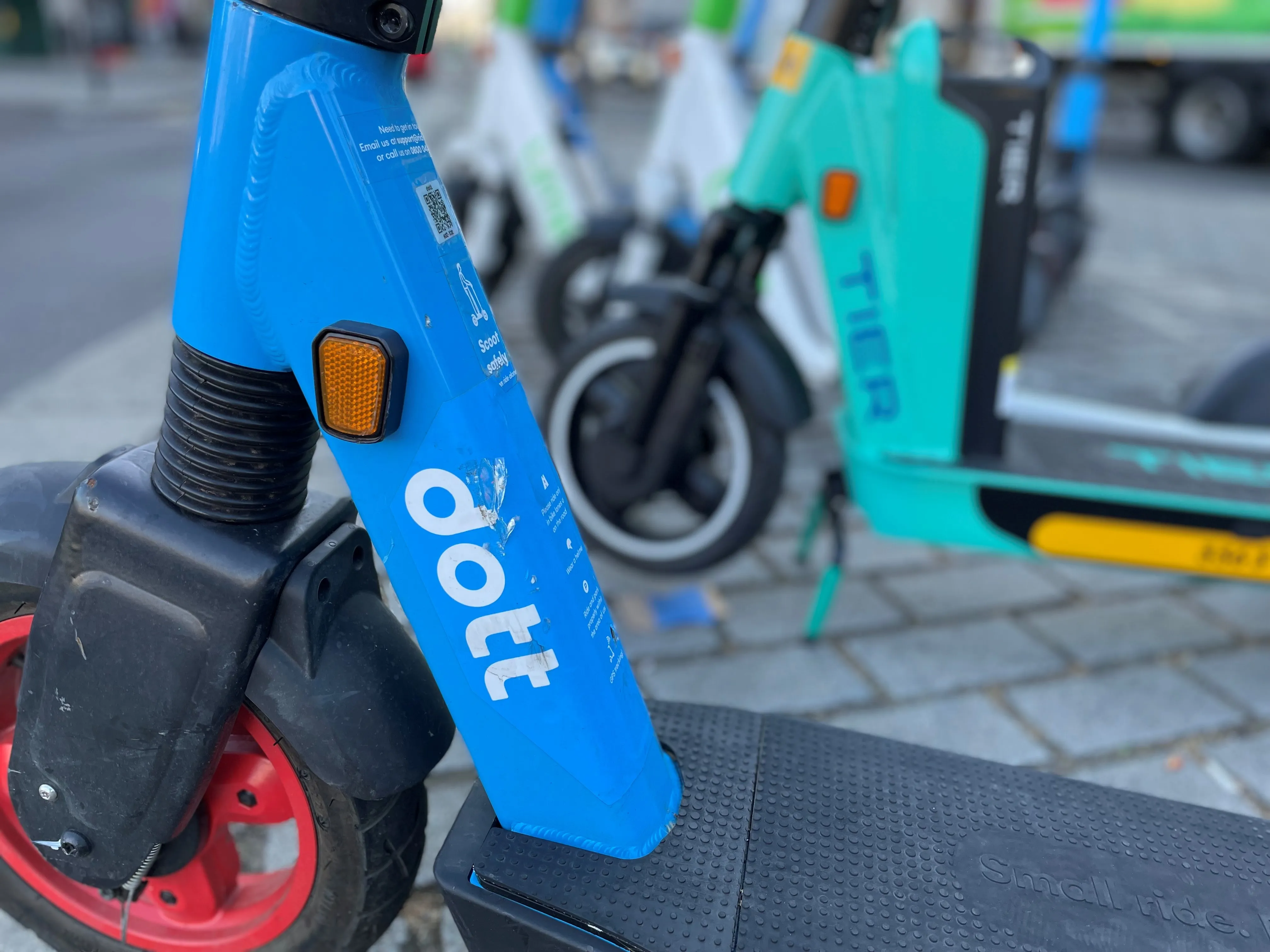Q-Free has carried out a revision of the company strategy and will make organisational changes in order to strengthen its market position. CEO Thomas Falck, who was appointed CEO on 6 January 2014, on an initial six-month contract, will remain at the helm through 2014 in order to oversee a successful implementation of the changes.
Going forward, Q-Free will operate three business areas: road user charging (RUC); advanced transportation management systems (ATMS); and the new business area managed services
May 22, 2014
Read time: 2 mins
Going forward, Q-Free will operate three business areas: road user charging (RUC); advanced transportation management systems (ATMS); and the new business area managed services (MS). The latter will focus on commercialising new recurring revenue concepts to strengthen the revenue base and profitability, and increase the financial predictability.
At the same time, the company has changed its geographical split to the Nordics, North America, Europe and Latin America, and Asia, Middle East and Africa, each operating under dedicated regional management.
Q-Free will continue its R&D efforts to stay at the forefront of market developments with a broader portfolio. The company will also continue building its ATMS business area, both organically and through acquisitions.
Q-Free feels these changes, which take effect from 1 June 2014, will enable it to provide a broader portfolio of products and value added services to its customers, and at the same time strengthen Q-Free’s position as an industry leader.
“Since taking over the role as CEO in Q-Free, I have spent much time with both employees and customers. This has given me insights into an organisation with great potential. The strategic and organisational changes will enable us to realise more of this potential,” says CEO Thomas Falck. “I would like to thank all our employees for their dedication and support to the process leading up to these changes. I am looking forward to continue working as a team to further strengthen Q-Free’s position as a truly global player in the intelligent transport systems market.”
“Q-Free has undergone an important and thorough revision of the company strategy over the last months, and it is important to make sure that the new strategy is successfully implemented. Thomas Falck has proven to be a valuable asset for Q-Free, first as a board member and now as CEO. We are therefore glad that Falck has accepted to extend his employment contract,” says Terje Christoffersen, Q-Free chairman.









